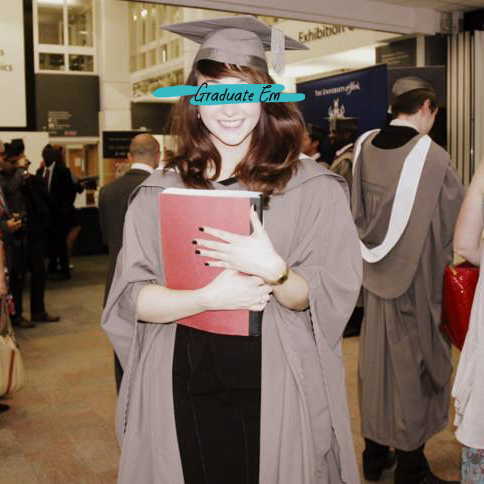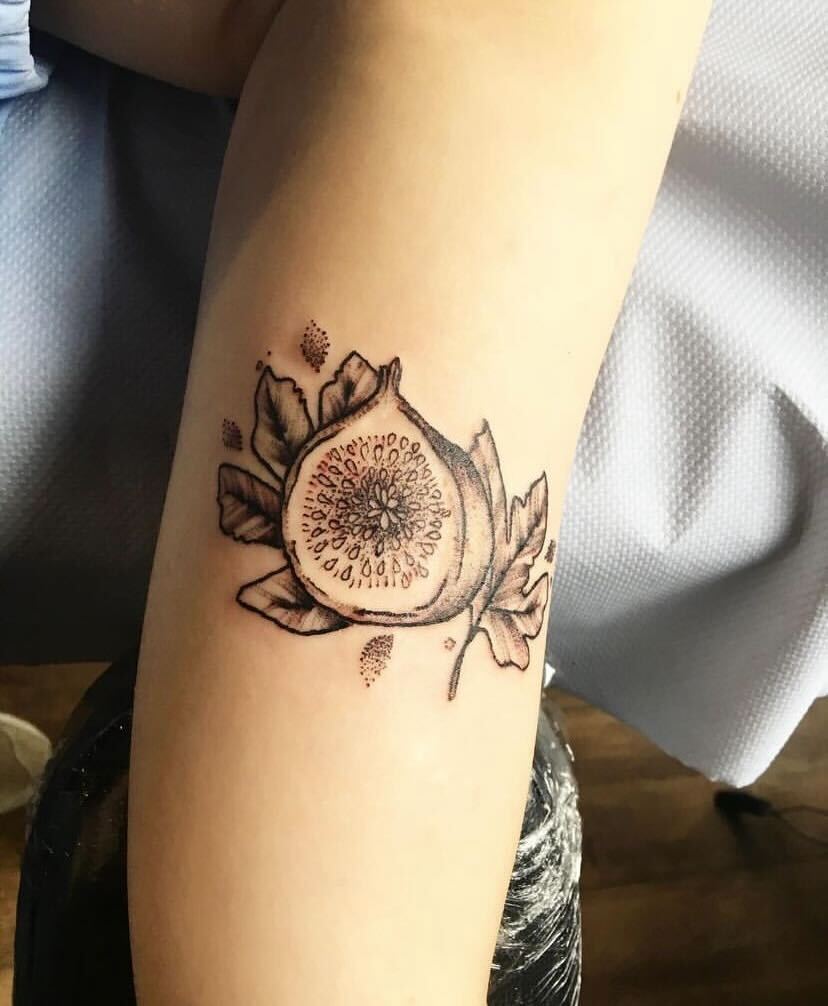How an ADHD Diagnosis Changed My Relationship With Myself
post by Emily Sockett
I spent the first 30 years of my life thinking that P!nk’s “Don’t Let Me Get Me” was my personal anthem:
“I can’t take direction
and my socks are never clean…
…I’m my own worst enemy
It’s bad when you annoy yourself”
A master of self-sabotage and procrastinator extraordinaire; I am all too familiar with the feeling of being completely snowed under with tasks, yet unable to progress with anything on my to-do list. I can spend hours lying on my bed, neither awake nor asleep, paralysed by some force beyond my control, telling me to cancel on my friends, skip the gym, or ignore the washing up, all whilst internally telling myself I am lazy, a failure, or a disappointment to my loved ones. Over the years, I built up a considerable amount of self-loathing, but to the outside world I was content—happy, even—if a little flaky.
Beginning to Struggle
I was a high-achiever at school. Creative. Confident. Charismatic. Sure, I often handed my homework in late, but who cares when I could charm the teacher into giving me an extension? The time I burst into floods of teachers when I got a B? I was told it was because I was “a perfectionist”. And forgetting to eat breakfast? No problem, my mum would stuff my pockets with cereal bars for when the inevitable hunger came calling.
It might sound arrogant, but I say the above because, retrospectively, I was struggling with ADHD as a child and I didn’t even know it. The people around me helped me to mask my symptoms, providing me with excuses, support and reassurance (all in good faith!), but that masking came at a cost—my ADHD slipped under the radar, and I left education undiagnosed after finishing my degree.
Ultimately, as soon as I graduated from University I fell into a clinical depression. Life before then had had structure, and I got by using those coping mechanisms I had developed as a child, along with the support of my friends and family. “The Real World”, however, was different. I was on my own now, and without the routines of lectures and deadlines and social clubs, I lost all ability to manage my ADHD.
I went to the doctor about how I was feeling, and was told I had depression. Now, I don’t for a moment doubt that I did (and still do) have depression, but it was this appointment which sparked my belief that depression was the only mental health issue I was facing, rather than a potential symptom of something deeper.
For many years, I was a teacher at a secondary school; getting to be a nerd about words and books 24/7 was a dream come true, but soon my mental health crumbled as stress came calling. I wasn’t able to manage my workload, often forgot important dates and tasks, and neglected my own needs just to scrabble enough energy together to meet the needs of my pupils.
“Throwing a Grenade into My Life”
And so, I did what I refer to as “throwing a grenade into my life”—going beyond the usual “I need a change” haircut to the extreme: I left teaching, thinking that it was the job which was making me depressed, but nothing changed. I broke off an eight year relationship which hadn’t provided the support I needed to deal with my mental illness, but continued to struggle afterwards. I moved across the country, hoping that a fresh start in a new place would give me the motivation I needed to finally leave the problems I was having behind me, but depression followed me there as well.
Believe it or not, it was social media that got the ball rolling for me to undergo assessment for ADHD. My “For You” page would constantly serve me TikToks, memes and infographics about the disorder, and I found myself nodding, again and again, saying “that’s just like me!”. Encouraged by my partner, I decided that it wouldn’t hurt to get assessed, and might just explain why I had failed to escape the clutches of depression for so long, despite trying talk-therapy, CBT, lifestyle changes, and nothing short of a cornucopia of antidepressants.
And so, I was diagnosed with ADHD.
After Diagnosis
It was a strange experience; in many ways, it was confirming a truth to me about myself that I’d already subconsciously known for a long time. So much so that, when I was 26, I actually got a tattoo devoted to my habit of being paralysed by indecision—a classic ADHD symptom.
At the time, no-one said anything, but retrospectively, this was a sign that I was slowly coming to realise there is something a little unusual about the way I experience the world.
I was upset, too. I felt like I had wasted a huge chunk of my life struggling with my symptoms, held back from achieving my dreams by something that could have been diagnosed in childhood. That feeling still hasn’t gone away, but I have accepted that it happened, and feel that the future is more positive as a result of my diagnosis aged 30.
It’s important to me that I never used ADHD as an excuse for poor behaviour or rudeness—diagnosis or not. I still need to make an effort to get to places on time, pay attention when I’m being spoken to and recognise when I’m taking rejection personally. What my diagnosis has given me is a reason for why these things do happen, and something to blame other than myself when I am struggling with symptoms.
Here’s an example of how my self-talk has changed since I was diagnosed:
Before diagnosis: “I can’t believe I’m late to my mate’s birthday dinner; they must think I am such a bad friend. I am such a terrible person and don’t deserve to be invited to parties.”
After diagnosis: “My ADHD meant that I didn’t realise I needed to leave the house until it was too late. I’ll go and apologise to my friend, but I am sure that they are grateful to see me at their party, even if I am late. I will set an alarm next time to remind me I need to leave the house.”
A really good tip for making your self-talk kinder is imagining you are speaking to yourself as a child. Think about whether or not you would ever say those negative things to a kid, and if you wouldn’t, rephrase your thinking to be more understanding to your inner child.
Adjusting my self-talk to be more sympathetic hasn’t been an unconscious choice (it has taken a lot of practice) but with patience and repetition, it has changed the way I see myself and how I respond to the world. This simple first step has helped me to manage my depression with a renewed sense of hope, and I am hopeful that treatments targeting my ADHD and its symptoms will go a long way in helping me tackle the other aspects of my mental illness.
Unfortunately, the lyric “my socks are never clean” from P!nk’s certified banger remains true, for the time being. I still forget to take my laundry out of the washing machine when the cycle finishes, and sometimes the task of hanging it out to dry overwhelms me, but at least now I know that that’s okay—I don’t need to be cruel to myself as a result. They’re just socks, I am still worthy of kindness, and there is always tomorrow to wash them again.
-Em
While you’re here..
HATW’s work is funded through merch sales. When you kit yourself out in our clothing, you’re helping start the conversation around mental health, and you’re funding our work that allows us to keep the conversation going.

Enjoy this post? Feel free to share
1 comment/s
One thought on “How an ADHD Diagnosis Changed My Relationship With Myself”
Leave a Reply
More posi-content
Have you found a creative way of overcoming self-harm and keeping your head above the waves? Share your experiences to inspire others!
find out more


A terrific description of how the condition can be overlooked. So many of us have extraordinary coping mechanisms – but, unfortunately, they don’t always hold out in the long term. That’s when we need understanding and help. Take care – be gentle with yourself.